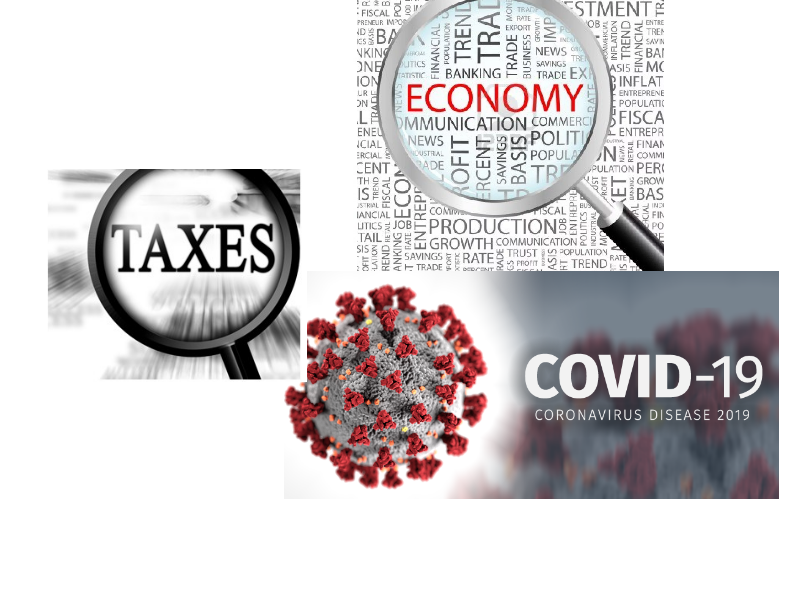While financial advisors work with their clients to prepare for stormy weather, COVID-19 feels a bit like a hurricane, earthquake, and tornado wrapped in one. Although this perfect storm caught everyone by surprise, CPAs have risen to the challenge to guide clients through these uncertain times.
As companies strive to make it through rocky economic times, they have leaned on their financial advisors to help with financial assistance and innovative strategies. New hurdles and detours appear every day with this ever-changing pandemic, but CPAs can help chart a solid course for their clients. Here are some issues CPAs should stay on top of to help clients during COVID-19.
Paycheck Protection Program It’s hard to keep a workforce employed when entire industries have to close due to a pandemic. The Paycheck Protection Program provides support to businesses through loans backed by the US Small Business Administration. By the end of March 2021, more than $734 billion in loans was approved. Businesses that received loans through the program will rely heavily on CPAs for guidance in the process.
Although the money can be an enormous benefit, understanding the nitty-gritty details of how to get funds, use them correctly, and maintain accurate paperwork is complicated. This is where CPAs are invaluable to their clients. CPAs are financial data experts, which is critical for businesses who took advantage of the program. Clients can look to their trusted financial advisors to guide them every step of the way.
Employee Retention Credit Businesses were faced with the hard decision to either let employees go during the pandemic or keep them on their payroll and struggle to stay in the black. The federal government created the employee retention credit to assist companies who continued to employ their workers through the pandemic.
The credit is an important benefit for businesses, but making sure the company is fully compliant might be complicated. As the pandemic continued on into 2021, new legislation was passed to extend the credit. CPAs are the eyes and ears for their clients as they stay on top of requirements and changes to the employee retention credit and ensure their clients are fully compliant.
Payroll Tax Issues COVID-19 brought massive change to workspaces around the country. Employees traded water cooler gossip and conference room meetings for video conference calls from home while wearing business shirts and pajama bottoms. A recent survey found that of the workers who say most of their work could be done remotely, 71 percent were working full-time from home. That’s up from just 20 percent before the pandemic.
Working from home was a success story for many employees and businesses alike, but businesses could be in for a payroll headache if employees now work in a different state. CPAs can help their clients be prepared with payroll issues like workers compensation insurance, unemployment insurance, and payroll taxes that may change based on which state their employees work in.
Guiding Clients beyond COVID-19 CPAs have been making the shift to providing more advisory services to clients, and now is the time to lean into this new role. Companies have been doing their best to stay afloat during the pandemic, and CPAs have been integral to the process. The need for financial analysis and guidance continues as clients navigate new and continuing federal and state aid programs. When the world emerges from the pandemic, CPAs can help their clients thrive as they move on past survival and work to continue growing.
There has been no such thing as business as usual since COVID-19 first arrived. Businesses of all kinds have had to adapt to a shaky economy and changes in finances. By navigating red tape, staying on top of financial aid opportunities and providing valuable insights, CPAs can help their clients stay financially strong.
========
Justin Hatch is Co-Founder and CEO of Reach Reporting.
Thanks for reading CPA Practice Advisor!
Subscribe Already registered? Log In
Need more information? Read the FAQs




